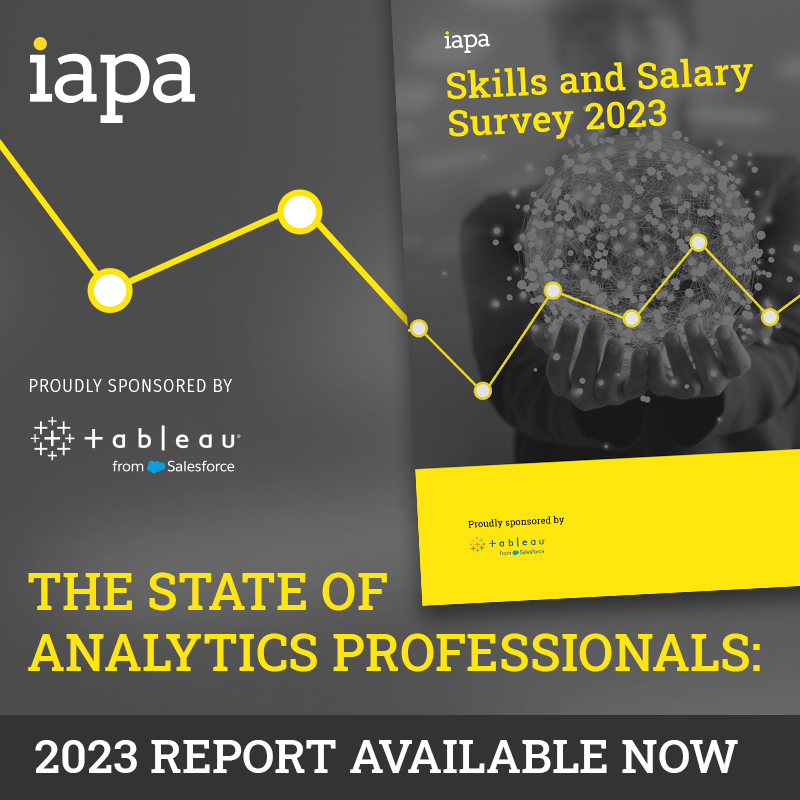A group of Australian researchers have launched a “world-first” online database to track global policies and regulations around misinformation, which will eventually provide freely accessible information on all digital policies.
After receiving funding from the Australian Research Council’s Linkage Infrastructure Equipment and Facilities program, academics from the University of Sydney, University of New South Wales (UNSW), and University of Technology, Sydney (UTS) developed the International Digital Policy Observatory (IDPO), a free online database tracking policies and regulations from 50 countries around the world.
The database will first focus on misinformation and fake news, and will eventually include artificial intelligence regulation, online harms, cyber security and digital identity.
It will serve as the “world’s first comprehensive open-source and freely accessible database to track developments in digital and internet regulation internationally”.
Project lead and University of Sydney professor Terry Flew said the database has been developed to allow all Australians to access accurate information on digital policies and industry insights from around the globe in order to “advance multi-stakeholder knowledge sharing and regulatory best practice”.
“With the internet increasingly monopolised by a small number of tech giants, governments and community organisations need information and resources that provide countervailing power,” Flew said.
“The IDPO is enabling infrastructure that policymakers and regulators can use to be aware of what is happening globally around key issues in the digital economy.”
The aim is for the database to help academics, policymakers, regulators, the ICT industry, and advocacy groups to raise awareness of global issues in the digital economy space, beginning with misinformation, and to place Australia at the “forefront of regulatory best practice in the digital economy”.
Information combats misinformation
The database will first focus on misinformation, coinciding with new federal government efforts to combat the spread of fake news and misinformation on social media.
A bill soon to be debated in Parliament proposes to give the Australian Communications and Media Authority new powers to fight misinformation through the ability to order social media companies to keep records detailing how they are handling the spread of this type of content.
It will also allow ACMA to require these tech firms to abide by codes of conduct around misinformation or face fines of up to two per cent of their turnover.
The government’s current approach to misinformation has been through a controversial voluntary industry code of conduct overseen by DIGI, with a focus on annual reports detailing how tech firms are combating misinformation on their platforms.
Misinformation expert at the University of Technology Sydney Associate Professor Heather Ford also worked on the new database.
“Being able to show different understandings of these policies can give really interesting insights into policymaking for different kinds of practitioners and could potentially enable people from very different fields to collaborate more effectively,” Ford said.
The IDPO will be officially launched in Sydney next week.
The researchers landed funding from the Australian Research Council for an “open-source and freely accessible database to track developments in digital / internet regulation internationally” in late 2022.
Misinformation in the spotlight
The availability and spread of misinformation and disinformation on social media platforms has been in the spotlight recently following the Bondi Junction shopping centre attack in Sydney.
Misinformation was spread widely on X following the attack, including by verified accounts, around the motivations of the attacker and posts naming the wrong person as being responsible for the attack.
Tech reform advocacy group Reset Australia has also this week called on the federal government to intervene and move away from voluntary codes of conduct towards new laws and regulations after its complaint about Meta’s efforts to combat misinformation was thrown out by an independent complaints body acting under DIGI’s misinformation code.










